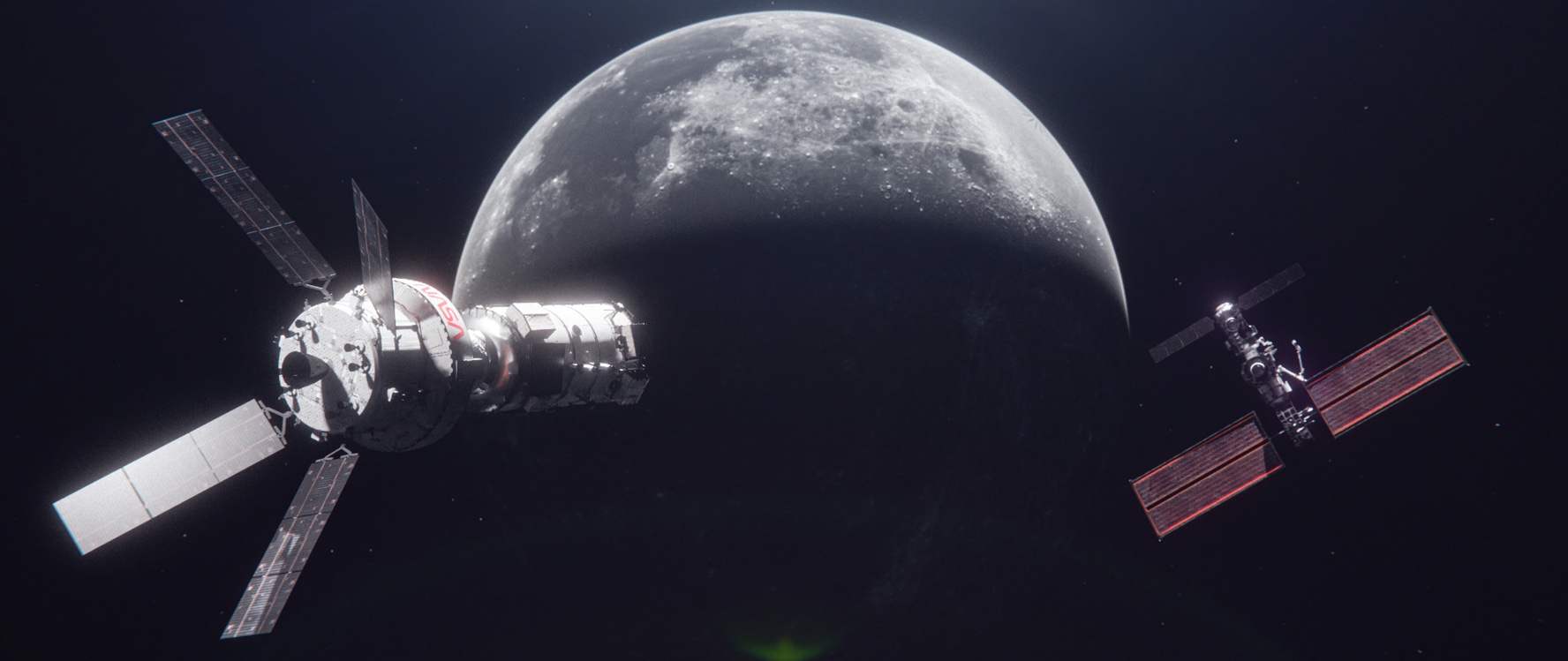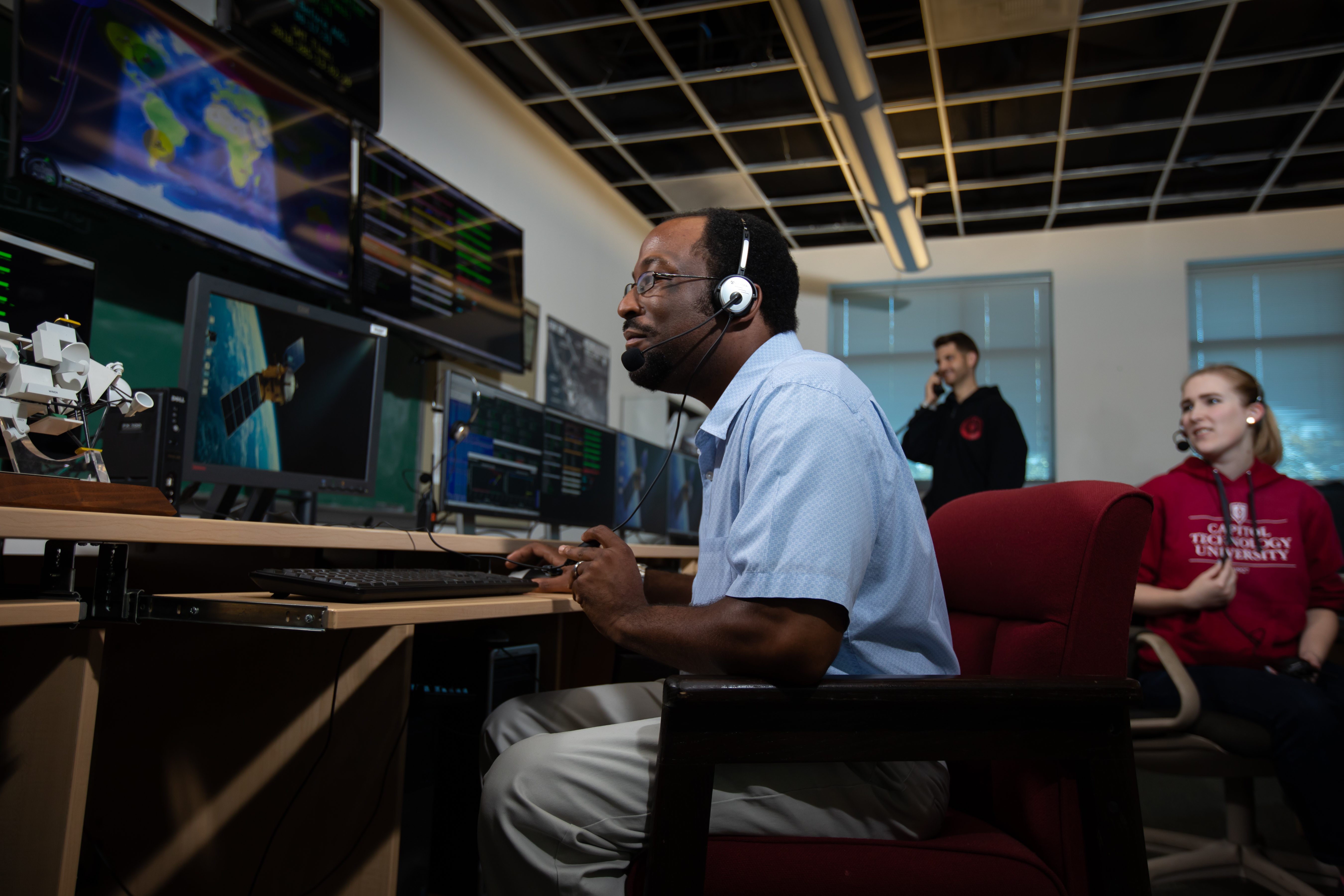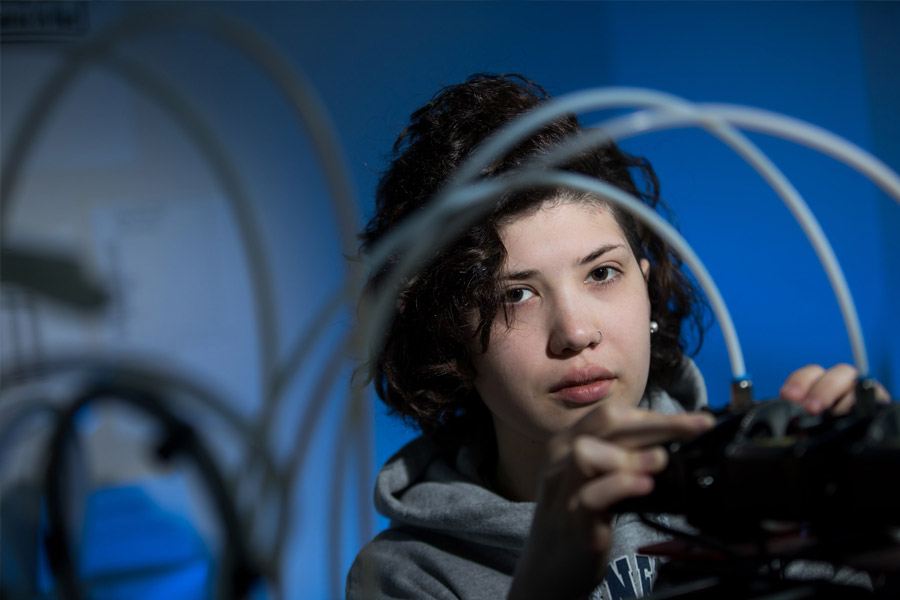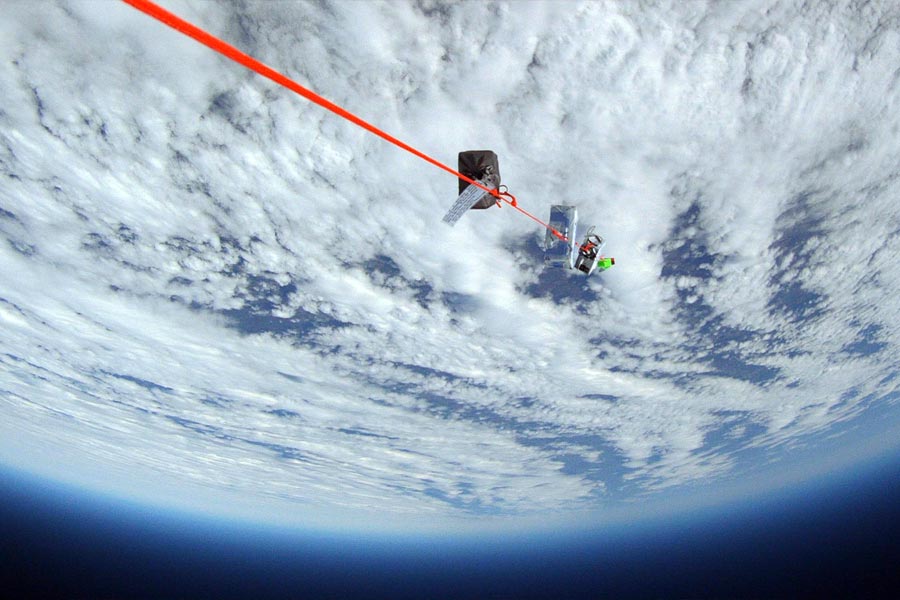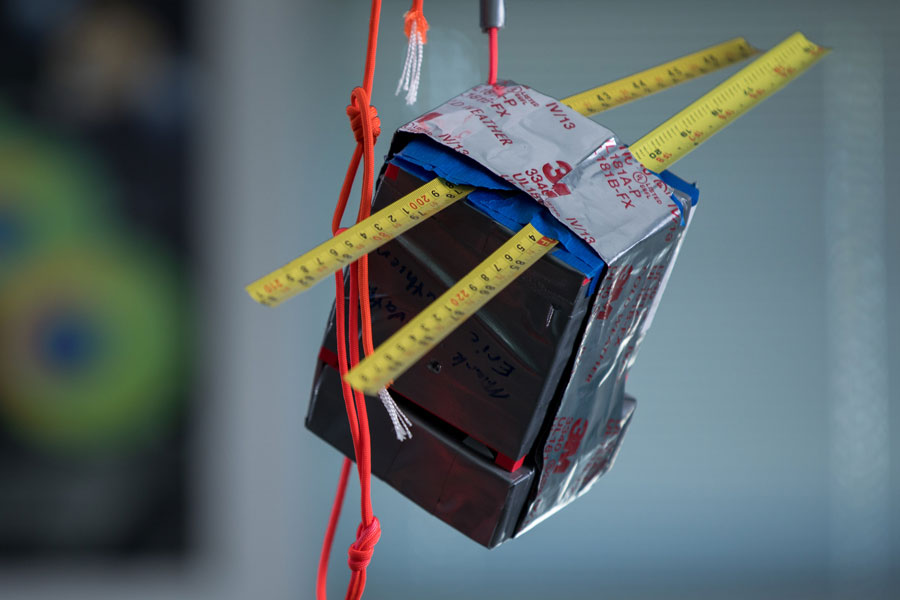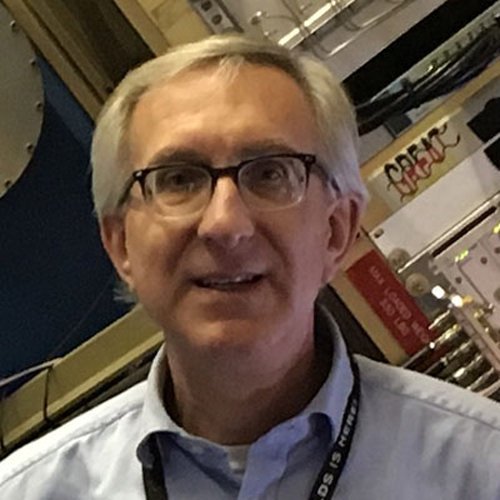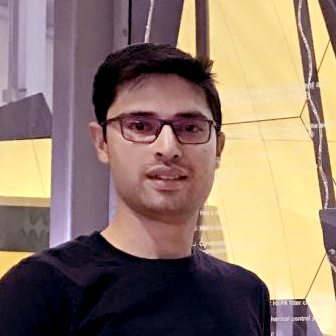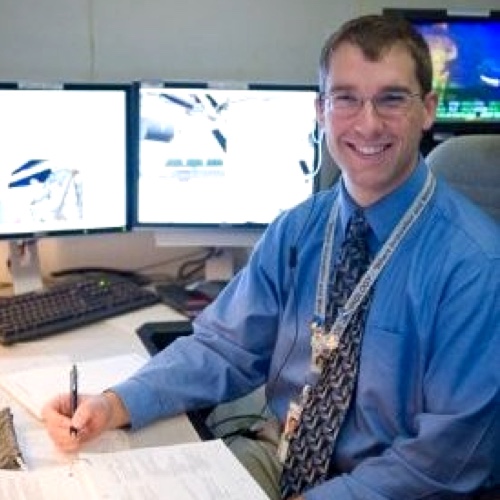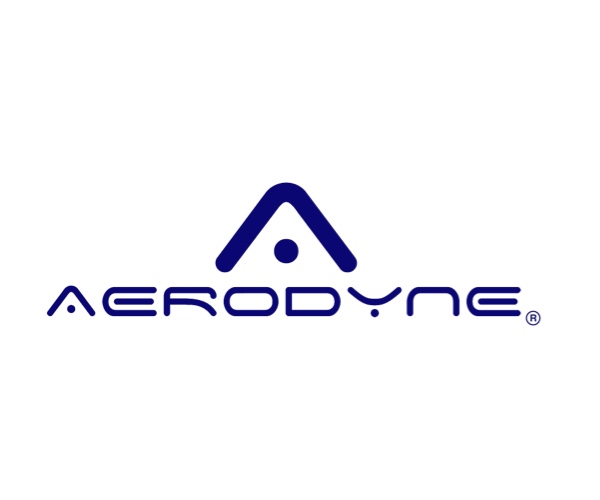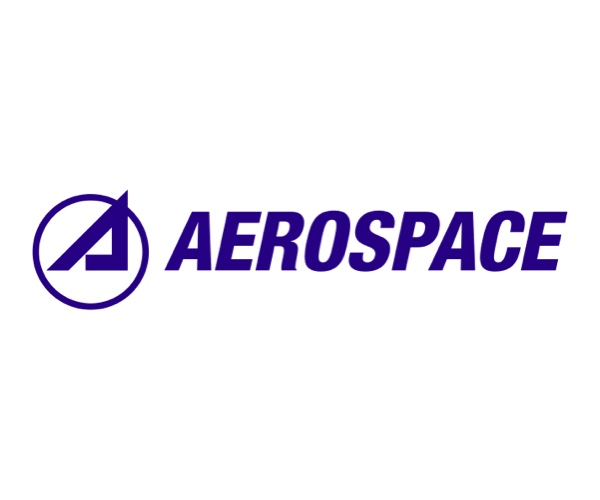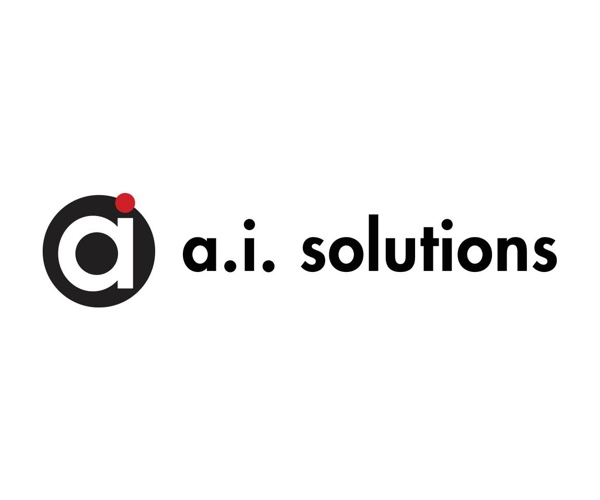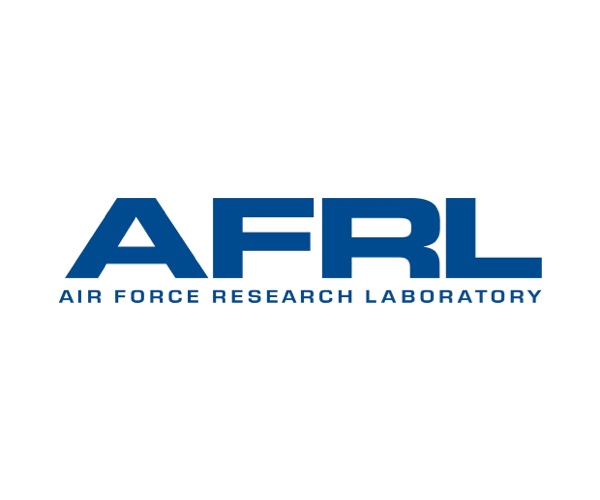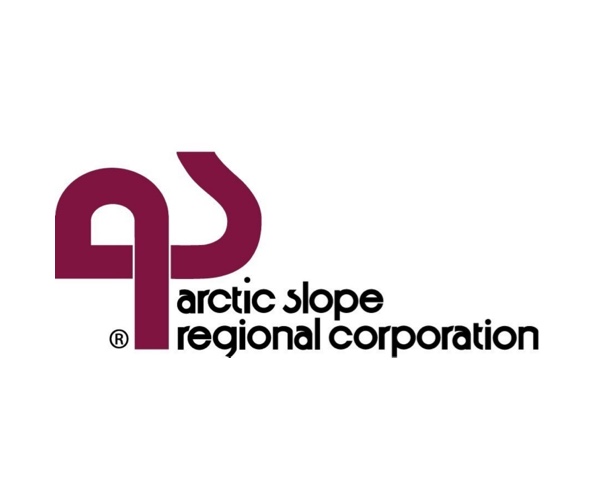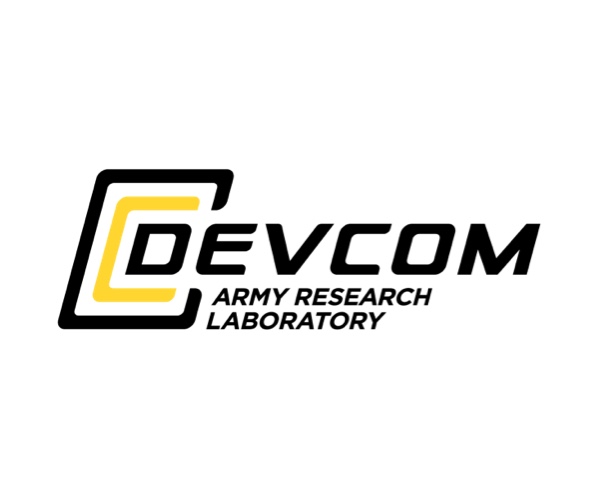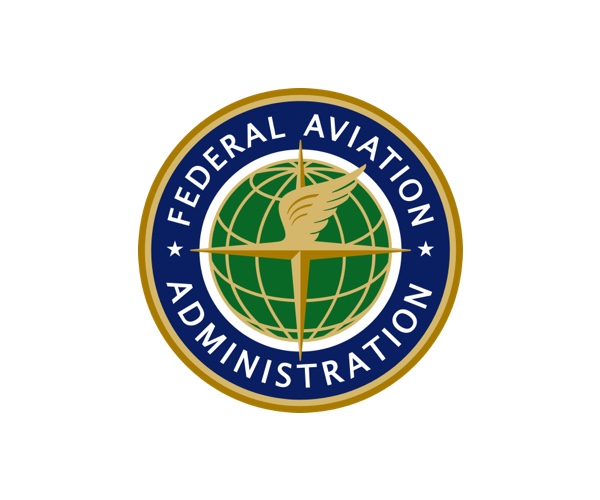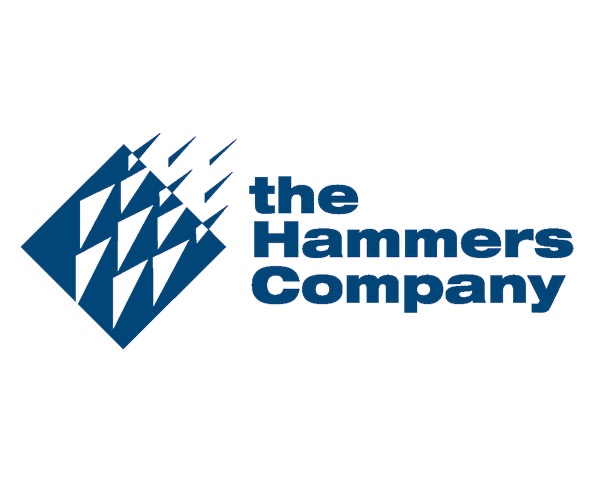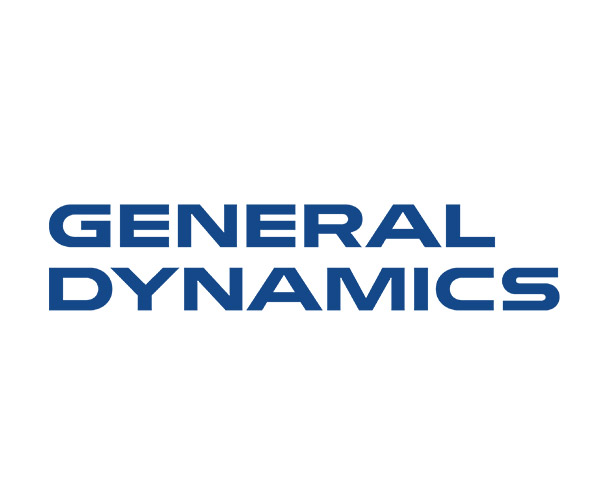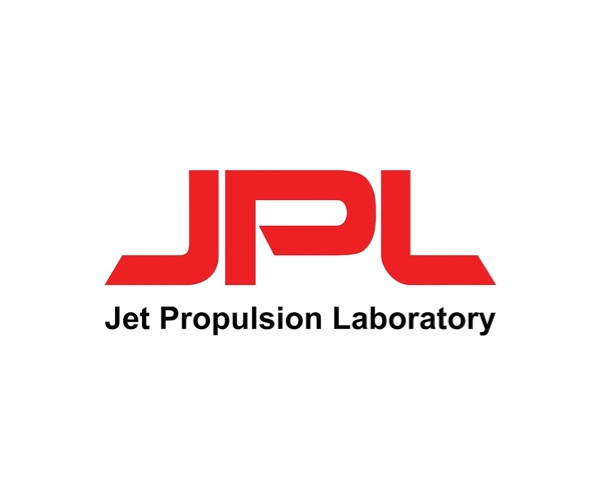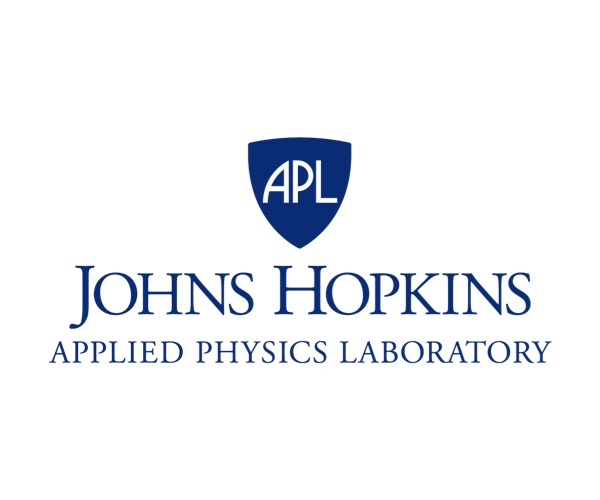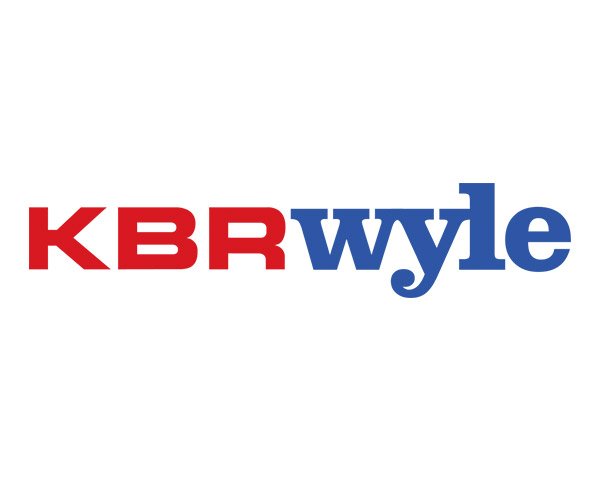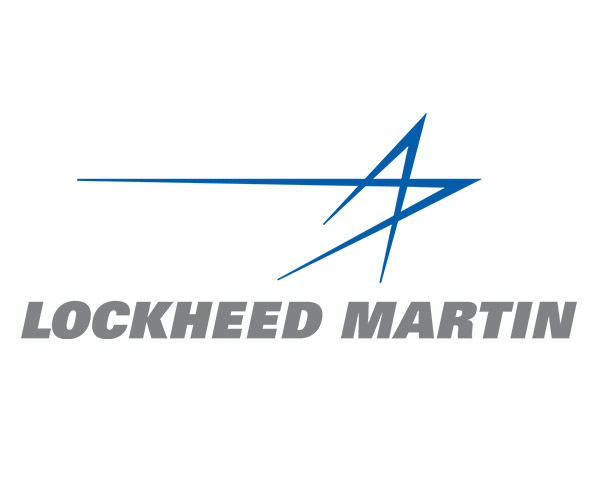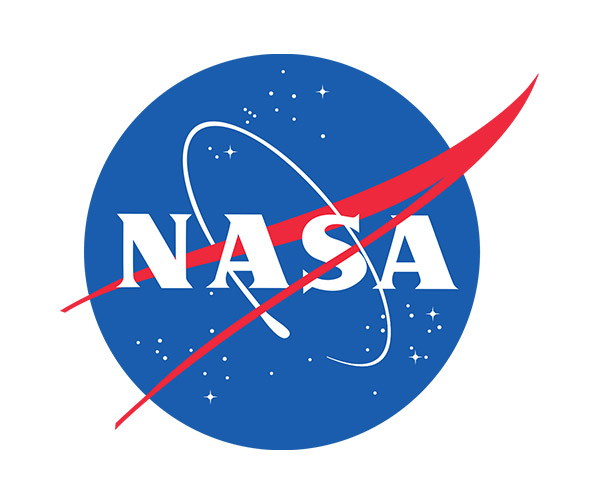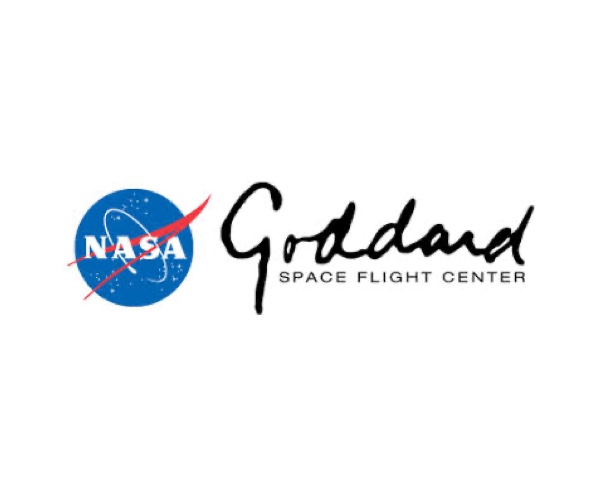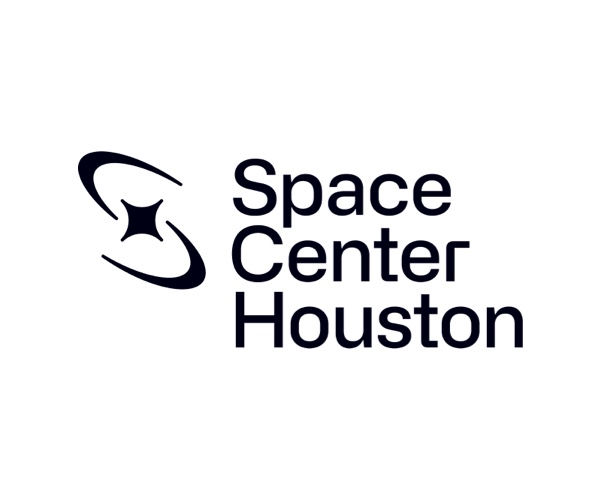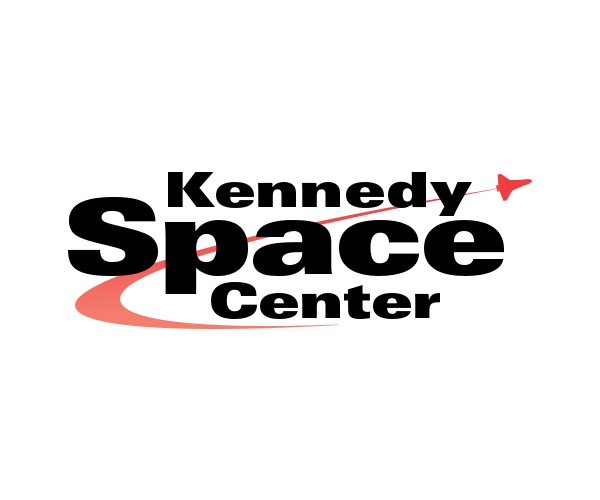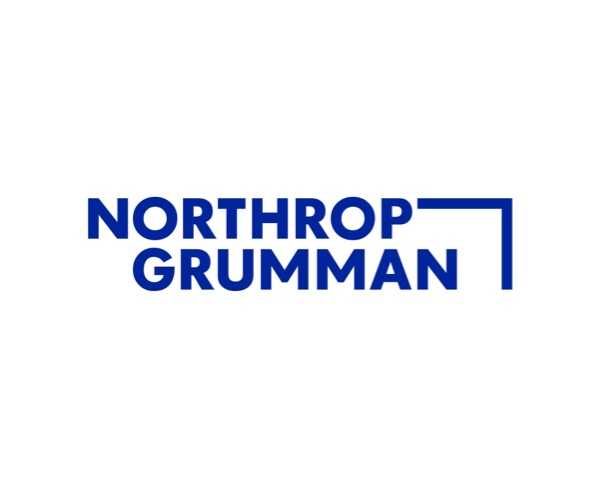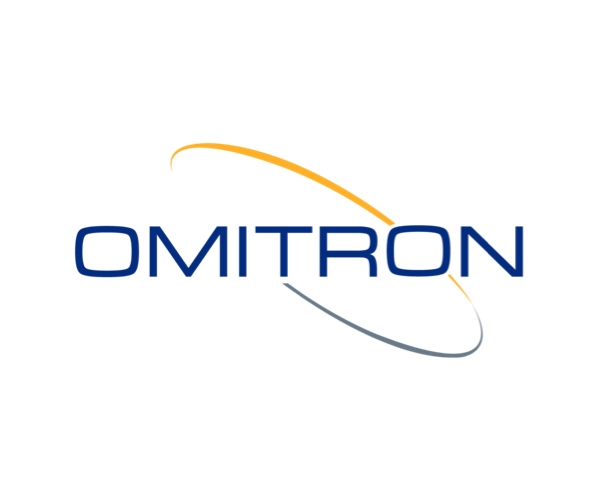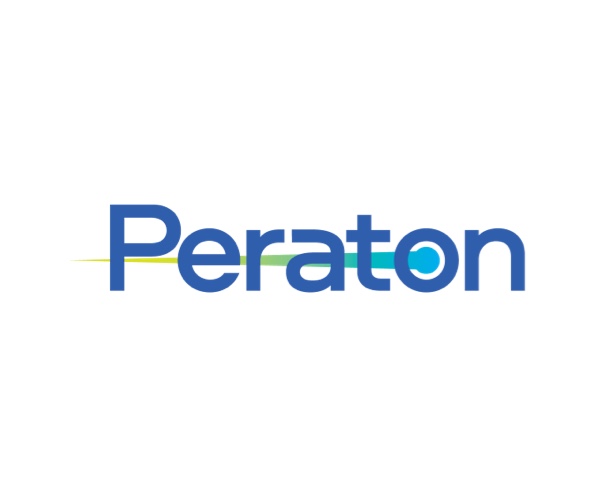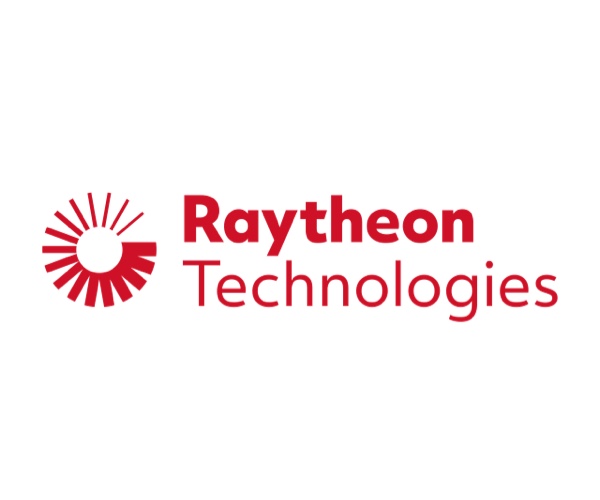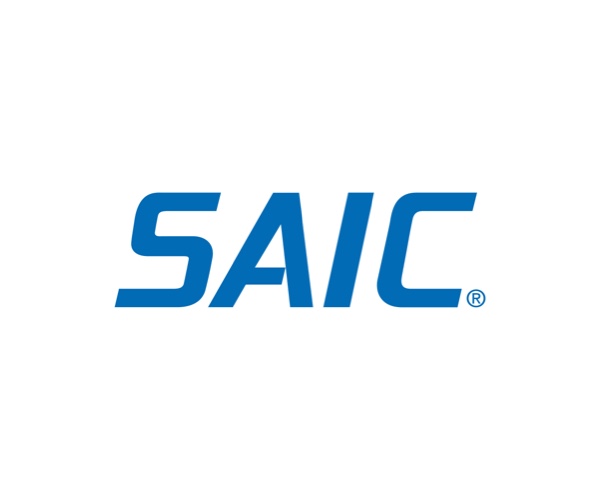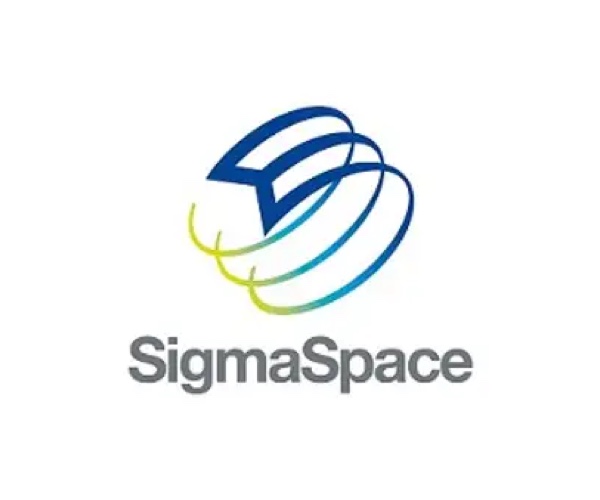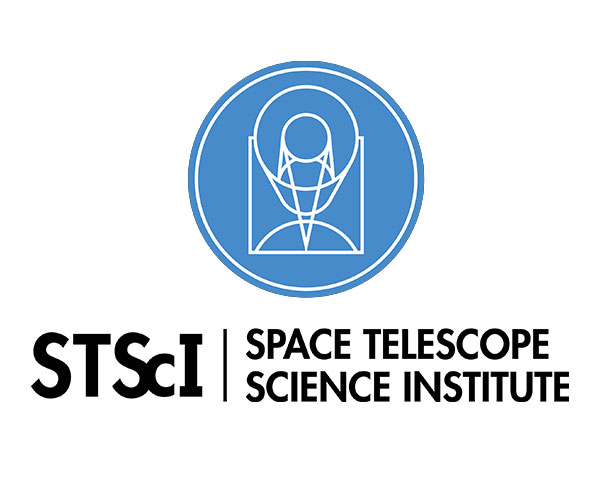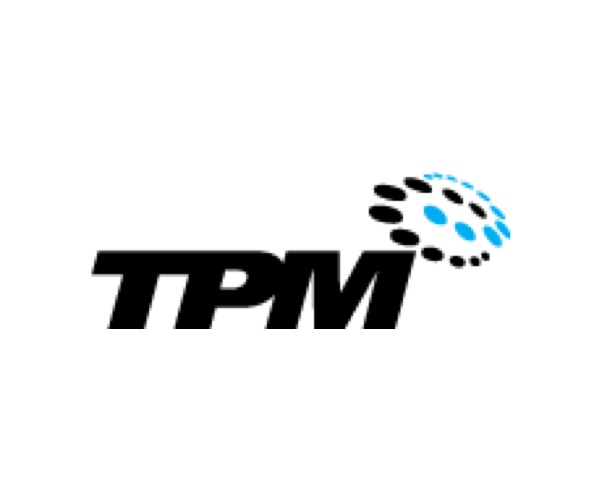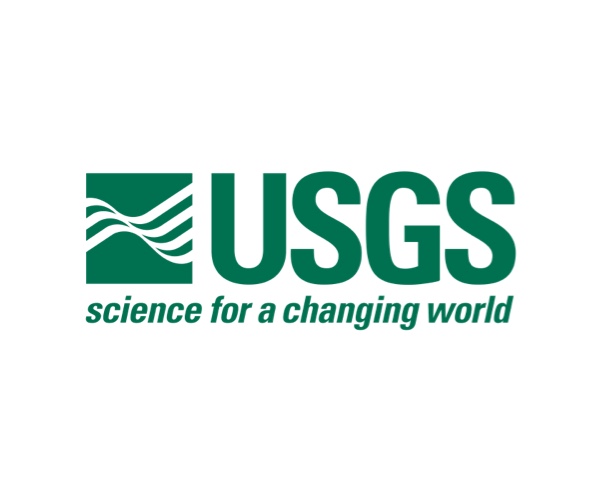Bachelor of Science (BS) in Astronautical and Space Engineering
![]() Questions? Contact Carmit Levin
Questions? Contact Carmit Levin
Earn a Bachelor of Science in astronautical and space engineering, advance the frontier of space exploration
Capitol Technology University's Bachelor of Science in Astronautical and Space Engineering (BSASE) program is a comprehensive and dynamic path for those interested in shaping the future of space exploration.
What is Astronautical Engineering (AE)?
With the development of aircraft in the early 1900s, various universities introduced an Aeronautical Engineering undergraduate program to train students on aerodynamics, aircraft propulsion, and other aspects of heavier-than-air flight. The advent of spaceflight after WWII required engineers whose design skills could extend to robotic and crewed missions beyond the Earth’s atmosphere. In some cases, spaceflight-related classes were added to university Aeronautical Engineering programs, while other universities began using the term Aerospace Engineering to describe a program that combines engineering classes on atmospheric flight as well as spaceflight. This “combination” degree was rooted in a world where aeronautical engineering was dominant, and spaceflight was still a new area of exploration.
Accredited, Innovative Program
Today, human and robotic space missions, including civilian and military missions sponsored by governments, as well the fast-growing commercial space sector, demand more highly skilled engineers, who specialize in understanding how to engineer systems to operate in the harsh environment of space. In 2004, Capitol Technology University, recognized this need and established one of the country’s only Astronautical Engineering undergraduate programs. As an ABET certified program, the Capitol Tech AE program is 100% focused on providing students with the skills they will need to build a career in the space industry.
Course Design Focused on Spaceflight
While Aerospace Engineering programs need to balance aeronautical and astronautical courses to prepare students for either career path, the Capitol Tech Astronautical Engineering program is laser-focused only on spaceflight. Since ABET certified programs in Aerospace, Aeronautical and Astronautical Engineering all need to provide core courses in, for example, math, physics and computer science, there are a limited number of classes remaining that can be dedicated to the core topics of the program. An Aerospace undergraduate program needs to split these core courses between aviation and spaceflight topics. In contrast, the Capitol Tech AE program has 11 core classes, and they are all focused on the design, development, testing and operation of space missions. Class topics include the design and testing of spacecraft and their supporting ground systems as well as orbital mechanics, propulsion, attitude control, communications and other engineering disciplines and their unique application to spaceflight. In addition, Capitol Tech AE students start taking courses in their major in their first year of study, including gaining hands-on lab experience, designing, building and flying high-altitude balloon payloads during their first semester on campus.
Career Support from Experienced Faculty
For those students striving to be part of the exciting field of spaceflight, Capitol Tech’s AE program is focused on preparing you for a career supporting the civilian, military and/or the commercial space sectors. Our faculty is comprised of a group of working professionals with a combined 200+ years of experience working in the space industry, and led by a recently retired NASA Senior Executive with almost 40 years of experience supporting the development and operation of a variety of space missions. Our faculty has a passion for spaceflight, and we welcome those students who want to learn from our experience and start their journey to the stars!
Why Capitol?
Faculty who currently work in industry and government as aerospace engineers
Taught by faculty currently working in technical and leadership positions in the aerospace industry. You’ll learn about the latest technologies and activities in the field – from those who do this work for a living. A core faculty with over 100 years of experience provides career-relevant training.
Our Space Flight Operations Training Center gives graduates the edge
You’ll use actual spacecraft software to control virtual satellites, replicating real-life scenarios and learning the engineering behind spacecraft development, operations, commanding and data analysis.
Our location puts you in the heart of the action
The Baltimore, Maryland/Washington D.C. area has one of the largest concentrations of high-tech companies, defense contractors, and government agencies in the United States. In addition, our campus is near the NASA Goddard Space Flight Center.
Support for you
Whatever type of resource you need –a way to improve your math skills, a place to exercise, help with a job search or a disability – we have facilities and personnel ready to help.
Top Employers of Capitol Technology University's Graduates
Career Opportunities
The Capitol Commitment
We’ve created a game plan to make sure you find a job upon graduation. Learn more.
Low Earth Orbital (LEO) Satellite Mission Control
Capitol Tech students working in our Space Flight Operations Training Center learn how to fly low Earth orbital satellites.
Read MoreDegree Details
The BSASE degree is a total of 120 credits, which covers engineering, computer science, technical courses, mathematics and sciences, English and social science course.
Enrollment and graduation data for selected undergraduate degree programs is available at https://capl.ink/ABETUndergradData.
Tuition & Fees
Tuition rates are subject to change.
| Fall 2025–Summer 2026 | Fall 2026–Summer 2027 | |
|---|---|---|
| Tuition (per semester,12–18 credits) | $13500 | $13635 |
| Per-credit Tuition (over 18 credits) | $1125 | $1125 |
| Student Activity Fee (resident) | $189 | $204 |
| Student Activity Fee (commuter) | $106 | $115 |
| Information Technology Fee (per semester) | $440 | $450 |
| International Student Fee (per semester) | $824 | $824 |
| International Student Application Fee | $50 | $50 |
| Fall 2025–Summer 2026 | Fall 2026–Summer 2027 | |
|---|---|---|
| Tuition (per credit, on-campus, online, or independent study) | $869 | $875 |
| Student Activity Fee | $22 | $25 |
| Information Technology Fee (per credit) | $45 | $55 |
| Fall 2025–Summer 2026 | Fall 2026–Summer 2027 | |
|---|---|---|
| Tuition (standard rate, per credit) | $455 | $460 |
| Tuition (partnership rate, per credit) | $360 | $375 |
| Information Technology Fee (per credit) | $45 | $55 |
| Fall 2025–Summer 2026 | Fall 2026–Summer 2027 | |
|---|---|---|
| Tuition (active duty, per credit) | $250 | $250 |
| Tuition (retired duty, per credit) | $769 | $769 |
| Information Technology Fee (per credit) | $45 | $55 |
- All full-time students who keep their student account current are promised their tuition will not increase more than 1% per year for four years.
- Please visit our myCapitol portal housing costs page for details on Capitol Technology University's modern residential facility.
Related Information
The BS degree in Astronautical and Space Engineering is accredited by the Engineering Accreditation Commission of ABET (www.abet.org) under the commission's General Criteria and Program Criteria for Aerospace Engineering.
